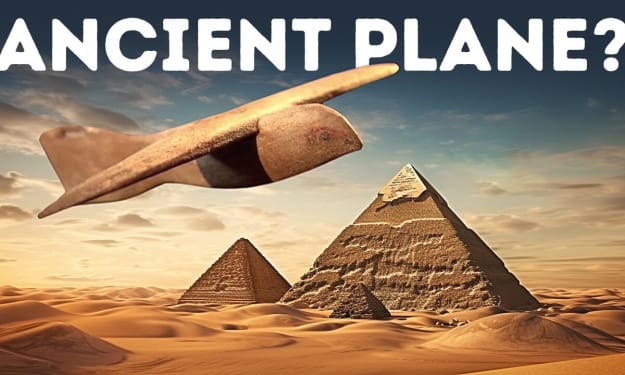
An ideal society is a concept that has fascinated philosophers, thinkers, and dreamers throughout history. It represents a vision of a perfect world, where harmony, equality, and justice prevail. In this essay, we will explore the characteristics and principles that define an ideal society, focusing on the aspects of governance, social structure, education, environmental sustainability, and technological advancement.
Governance: In an ideal society, governance would be based on principles of transparency, accountability, and participatory democracy. Decision-making processes would involve all members of society, ensuring that their voices are heard and their needs are considered. Leaders would be elected based on merit and competence rather than wealth or connections. A robust system of checks and balances would prevent the concentration of power and promote the fair distribution of resources. The rule of law would be upheld, guaranteeing equal rights and justice for all individuals. Corruption would be eradicated, and institutions would work for the betterment of society as a whole.
Social Structure: Equality would be the cornerstone of an ideal society's social structure. Discrimination based on gender, race, religion, or any other factor would be eradicated. Everyone would have equal opportunities for education, employment, and social mobility. A comprehensive welfare system would ensure that basic needs such as healthcare, housing, and food are met for all members of society. Mutual respect, empathy, and compassion would be the guiding principles in interpersonal relationships, fostering a sense of community and solidarity. The society would value diversity, celebrating different cultures, traditions, and perspectives. Social cohesion and inclusivity would be nurtured, creating a sense of belonging and shared responsibility.
Education: Education would be universally accessible and free in an ideal society. It would focus not only on academic knowledge but also on character development, critical thinking, and creativity. The curriculum would be designed to promote cultural diversity, tolerance, and respect for different perspectives. Teachers would be highly trained and motivated, nurturing the potential of each student. Education would be a lifelong process, with opportunities for continuous learning and skills development for people of all ages. Vocational training and apprenticeships would be available, equipping individuals with practical skills for employment. The society would prioritize the education of girls and women, recognizing their crucial role in shaping the future. Education would be seen as a tool for empowerment, enabling individuals to contribute meaningfully to society and lead fulfilling lives.
Environmental Sustainability: An ideal society would prioritize environmental sustainability, recognizing the interconnectedness between humans and the natural world. Renewable energy sources would replace fossil fuels, and sustainable practices would be integrated into all aspects of life. Conservation of biodiversity, protection of ecosystems, and responsible resource management would be central to economic and development policies. Recycling, waste reduction, and green technologies would be widely adopted to minimize the ecological footprint. The society would strive for a harmonious coexistence with nature, ensuring a sustainable planet for future generations. Environmental education and awareness would be promoted, fostering a deep respect and appreciation for the environment. The society would actively engage in reforestation, habitat restoration, and conservation efforts. Sustainable agriculture practices would be embraced, promoting organic farming, permaculture, and agroforestry. The society would encourage a shift towards a circular economy, where waste is minimized, and resources are reused or recycled.
Technological Advancement: An ideal society would harness the power of technology for the betterment of humanity. Technological advancements would be driven by ethical considerations, ensuring that they serve the common good and do not harm individuals or the environment. The society would invest in research and development, focusing on areas such as renewable energy, healthcare, transportation, and communication. Technology would be accessible and affordable for all, bridging the digital divide and promoting inclusivity. Artificial intelligence and automation would be utilized to enhance productivity and efficiency, freeing individuals from mundane tasks and allowing them to focus on creative and meaningful pursuits. However, the society would also be cautious of the potential negative impacts of technology, such as job displacement and loss of privacy. Regulations and ethical frameworks would be in place to safeguard against these risks.
While an ideal society may seem like an unattainable dream, it serves as a guiding light that inspires us to strive for a better world. By embracing principles of good governance, social equality, quality education, environmental sustainability, and technological advancement, we can move closer to this ideal. It is through collective efforts, empathy, and a shared vision that we can create a society that respects the dignity and well-being of all its members, fostering a harmonious and prosperous future for humanity. An ideal society is not a static destination but a continuous journey, requiring constant reflection, adaptation, and improvement. With perseverance and dedication, we can shape a world that embodies the values and principles we hold dear, paving the way for a brighter tomorrow.





Comments
There are no comments for this story
Be the first to respond and start the conversation.